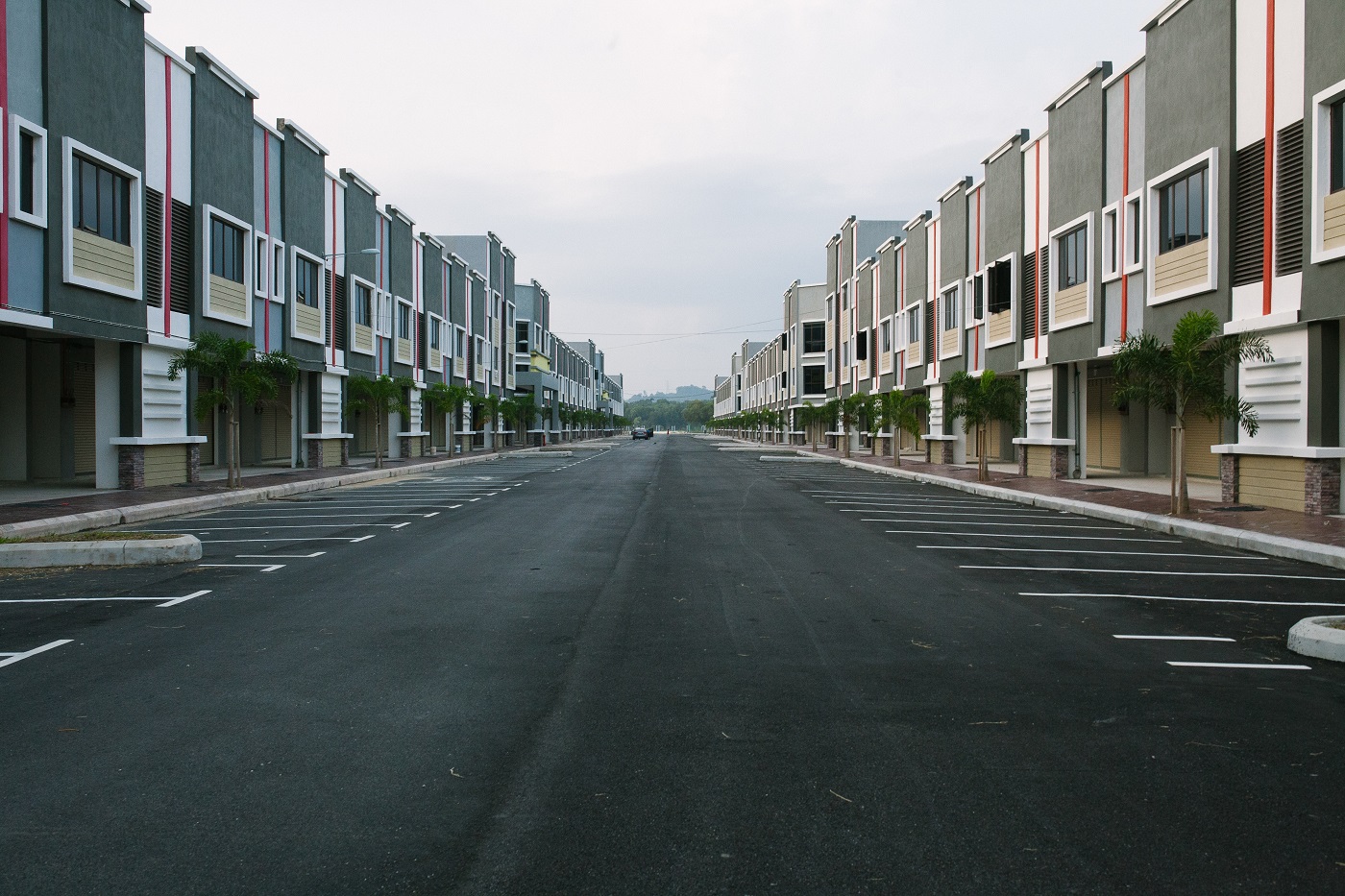
Eric Koehler, Vice President of Falcon Drone Services and Fran McGovern from McGovern Legal Services along with Access Property Management presented the benefits of using drones in community associations on Wednesday April 12. The demonstration was open to both board members and property managers in the Hills Communities. All were excited to see how the new technology worked. The presentation provided a demonstration of the drone in use. All participants were encouraged to provide comments and questions.
Highlights of Drone Technology
Eric Koehler explained that drones are amazing pieces of technology. They allow community associations the ability to survey their communities in a cost effective way. A drone makes it easier to survey roofing projects, check gutters, and examine roads among other things. The technology of the drone allows for a more effective and efficient way of viewing the community. This technology allows the property manager, contractors, and board members to review the video on their own time.
Privacy is Important
A privacy oriented homeowner may have questions about drone usage. The community association treats the footage collected like any other site inspection or photograph that is taken while on site. All information collected would not be distributed or made public. Fran McGovern explained the legal aspect of using drones, expressing that it is important that homeowners are notified prior to the usage of drones, just as they would be during any other project. Continual updates from the community manager will provide homeowners with the times and dates of all activity.
Community associations are also very interested in keeping their interests safe and secure. The association must be sure that it maintains the rights to all data that is collected when using the drone. In addition, the association will ensure that the drone operator retains the proper insurance to indemnify and hold the association harmless like any other vendor.
The popularity of drones is increasing. As the technology advances, community associations can grow along side of it by adopting smart usage policies and encouraging a safer, more cost effective way to survey their community.




